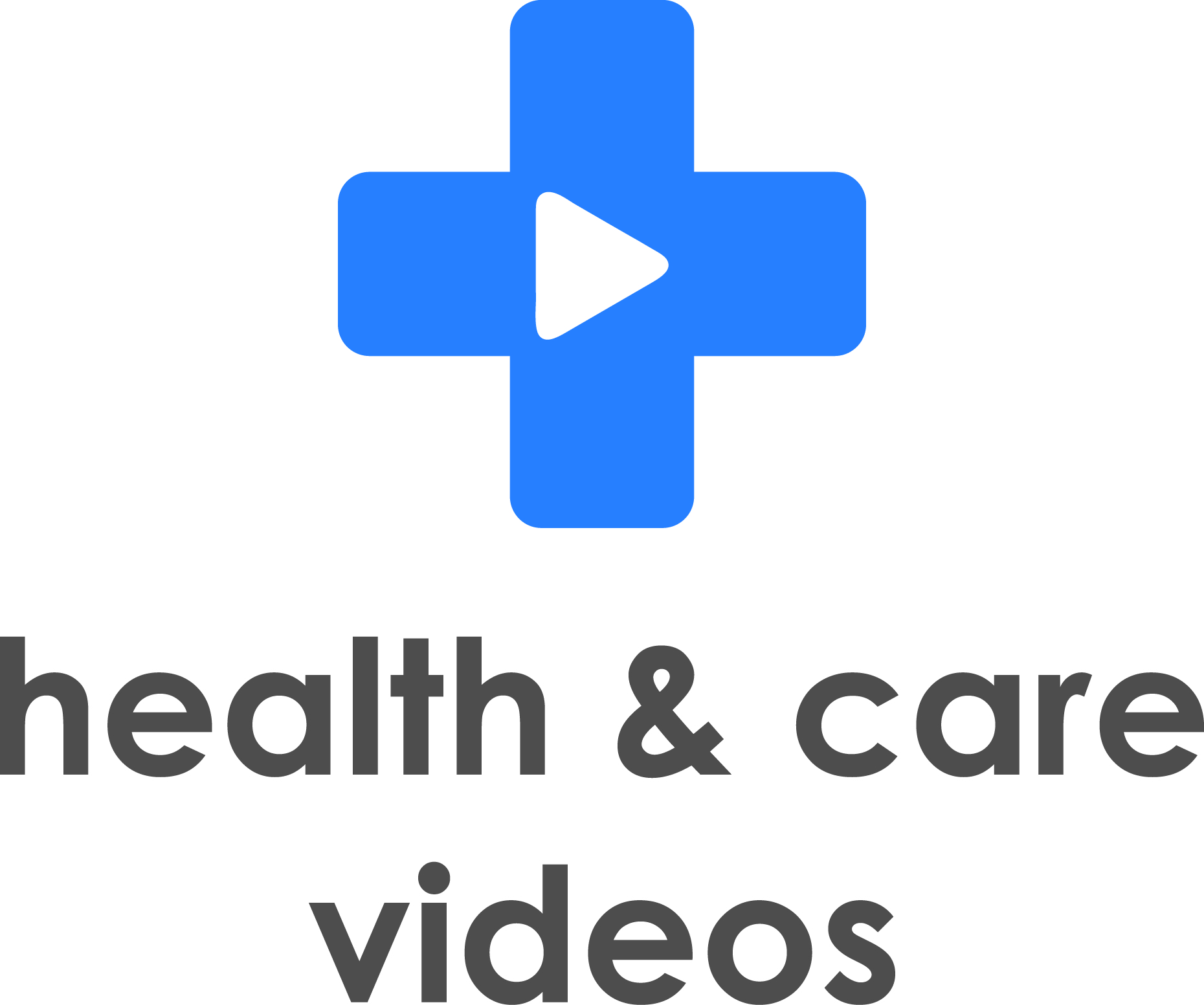A recent article from the British Medical Journal suggests that exercise may be a more effective form of treatment for vertigo than traditional medications.
However, many doctors and hospital staff remain unconfident in instructing their patients in proper vertigo-prevention techniques.
Because of this, Health & Care Videos has created a video series that outlines these new methods in full. GPs can use them to ensure they’re delivering accurate information. Patients can rewatch these videos at home to ensure they’re treating their condition correctly.
Early indications suggest that this is going to be a valuable resource for both GPs and patients. It may also significantly improve the treatment of vertigo in primary care.
The current treatment for vertigo:
Vertigo is a relatively common ailment. However, it leaves many patients unable to perform daily tasks. It can be so debilitating that it poses a serious cost to the health economy.
According to research from the BMJ, more than two-thirds of vertigo patients are prescribed betahistine in their first consultation with general practice. This is done despite the fact that betahistine is intended to treat Ménière’s disease.
Evidence shows that these patients are still using this treatment six months later.
This course of treatment for vertigo comes at a great cost to the NHS. Rupert A Payne and Vincent A van Vugt (collaborators on this paper) estimate that stopping the off-label use of betahistine in the UK alone would save over £4,000,000 a year.
Experts also believe that betahistine is no longer the most effective form of treatment for vertigo. In some cases, they are starting to question whether it’s an overprescribed ‘easy fix’.
What’s the alternative?
There is now a widespread consensus that ‘vestibular rehabilitation’ is the most effective treatment for dizziness associated with vertigo. However, some doctors do not seem to offer this exercise-based option to their patients.
There are several barriers preventing this course of treatment, including:
- Medical professionals lack confidence in the procedure/their execution of it
- Procedure is too time-consuming/too difficult to perform
- Medical professionals do not know about the treatment
Vestibular rehabilitation needs to be accessible for vertigo patients, so we must educate medical professionals in the technique so they can prescribe it efficiently. Offering patients support in using this technique will also help reduce the symptoms of vertigo and the drain on NHS resources.
Educating patients and medical professionals in a new treatment for vertigo
Before the previous article was published, the BMJ studied the effectiveness of encouraging vertigo self-care with the use of leaflets. This study concludes that a short booklet on vestibular rehabilitation is the most cost-effective method of improving primary care patient-reported outcomes.
However, paper-based patient resources have their limitations such as accessibility and increasing printing costs. Video, on the other hand, is a much more accessible, engaging and cost-effective solution. Especially when you consider its ability to reach a wider audience.
Health & Care Videos works with medical professionals to create simple easy-to-use videos covering numerous health complaints and conditions. Our video libraries stores over 900 videos, including a series of videos relating to the treatment of vertigo, and contains videos such as:
- ‘Home exercises for the treatment of vertigo’
- ‘Eye exercises for the treatment of vertigo’
- ‘How to treat vertigo at home with the Epley Manoeuvre’
A GP can use these videos to ensure that they are distributing a standardised and accurate care plan that their patients will follow. They can signpost patients to these videos on their practice website, watch them with patients during a consultation or send the video link via email or text.
This is a valuable self-help resource that will help change the current treatment for vertigo into something that’s much more effective and efficient.
If you want to know more about using video in your practice, contact Health & Care Videos today.

